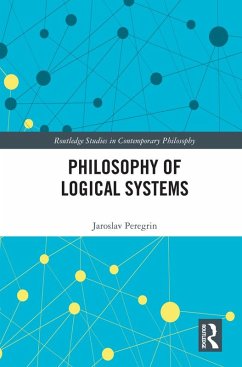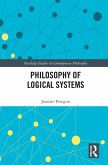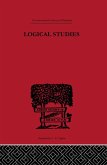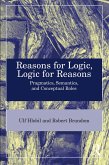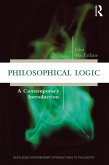Hence, this movement has generated brand new kinds of philosophical problems that have still not been dealt with systematically. Philosophy of Logical Systems addresses these new kinds of philosophical problems that are intertwined with the development of modern logic. Jaroslav Peregrin analyzes the rationale behind the introduction of the artificial languages of logic; classifies the various tools which were adopted to build such languages; gives an overview of the various kinds of languages introduced in the course of modern logic and the motifs of their employment; discusses what can actually be achieved by relocating the problems of logic from natural language into them; and reaches certain conclusions with respect to the possibilities and limitations of this "formal turn" of logic.
This book is both an important scholarly contribution to the philosophy of logic and a systematic survey of the standard (and not so standard) logical systems that were established during the short history of modern logic.
Dieser Download kann aus rechtlichen Gründen nur mit Rechnungsadresse in A, B, BG, CY, CZ, D, DK, EW, E, FIN, F, GR, HR, H, IRL, I, LT, L, LR, M, NL, PL, P, R, S, SLO, SK ausgeliefert werden.
"In a tour-de-force survey of logical systems, Peregrin addresses the fundamental question of how logical systems relate to natural langue argumentation. The book develops the view that logical systems are models and challenges widespread assumptions about the nature of logical semantics." - Georg Brun, University of Bern
"For the general student of philosophy or linguistics it is hard to understand why to do formal logics at all. By using a rule-theoretical access, Peregrin's book shows step by step how ideal models are necessary tools for understanding the form of valid reasoning, but no first results in a meliorating project of replacing natural by formal languages." - Pirmin Stekeler-Weithofer, University of Leipzig

